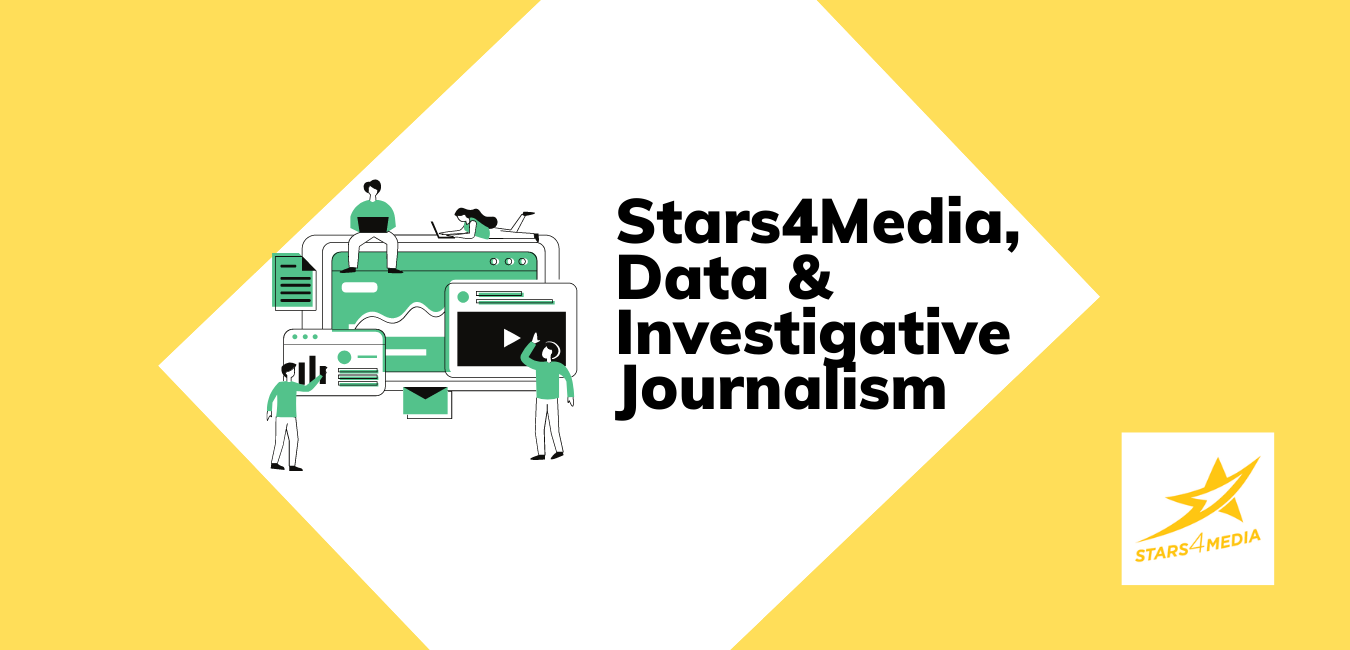The recently published study by the Reuters Institute for the Study of Journalism and University of Oxford analysing the attitude towards news in the USA, Brazil, India and UK has proven that the trust in news has declined. The study has gathered more than 8,000 respondents throughout the period May – June 2021 showing the lack of contact ‘ […] with even basic journalistic concepts is often accompanied by low expectations about how news organisations conduct themselves”.
This reflects, among many other things, also on the safety of journalists. During her keynote at the #Media4Europe Conference on 6 October, the European Commission Vice President Věra Jourová stressed how “[…] no journalist should die or be harmed for doing their job.” According to the Commission, in 2020 a total of 908 journalists and media workers were attacked in 23 EU member states.
This phenomenon of interplay between trust in news and safety of journalists is relevant for the news media as a business and for everyone as a citizen. The COVID-19 pandemic outbreak, and subsequent media coverage of it, showed how important it is for citizens to rely on the media, and how essential the media role is in reporting trustworthy news. In this context, data journalism played a fundamental role in collecting and analysing information. But like many other sectors, that of data journalism is suffering from the lack of specialised, field related skills, which is reflected in the final journalistic product.
In this context Stars4Media is at the front line, by supporting, among others, 5 initiatives that develop innovative data journalism projects.
The Stars4Media second edition initiative ‘Rich media: Increasing Diversity of Experts’ Voices in Journalism’ aims to raise awareness about inequalities reproduced in media content in Lithuania through innovative data journalism formats. With the support of their Italian partners Sheldon studio, Lithuanian Journalism Centre are creating a website that focuses on presenting data on research results and current discourses to readers in an aesthetically appealing and clear format.
Kristoffer Hecquet’s (Altignet) initiative “Let the money talk – a data tool on public spending” aims to use open data on public spending for data journalism and automation. “The core idea”, says Kristoffer, “is to make it more transparent how politicians plan and spend public money for both journalists and the public. Stars4Media has helped Altinget, the initiative leader, to connect with some of the best data journalists available: the Italian policy watchdog, OpenPolis with experience in the field.” The two partners are developing a tool to visualize and explain the data, a valuable asset for both journalists and the general public alike.
RISE Project “Mobile App for Loyal Readers” is carried out by The Bureau for Investigative Reporting and Data (BG), Atlatszo.hu (HU) and Atlzatszo Erdely (atlatszo.ro).The founder Roxana Garaiman says of her initiative “We set out to get closer to our audience through technology. We join forces with three neighbouring investigation centers (from Hungary, Bulgaria and the Transylvania region) to provide a regional press review. With the help of a mobile application, we try to meet the readers who have often expressed the fact that our in-depth investigations require a lot of time for reading. So, we offer them a section of audiobooks that can be listened to on the way to work or at home.”
Another initiative, “Project Empire”, led by the České centrum pro investigativní žurnalistiku, o.p.s., is a database project concentrating information about assets and companies of influential Czech oligarchs. The business structures of the Central European oligarchs are vast and intransparent, spanning many countries. Therefore, a database easy to access the data will serve the public, journalists, researchers, civil society or any other interested users helping also to understand how economic, political and media power is being monopolized in Central Europe.
The role of Stars4Media is also to ensure the informed message on complex historical and political issues is known to the new generations of European citizens. Elena Basso, behind the ‘Stolen Identity’ initiative,on which she works together with La Repubblica (IT), Le Monde (FR) and The Guardian (UK), says about her initiative ‘It is not easy to write a cross-border investigation concerning human rights violations: these are very sensitive and difficult subjects. It takes a lot of work to find a key to tell these realities in a “non-sensationalist” way or without simplifying them.’
****
This article is part of a series of articles aiming to promote the Stars4Media Second Edition Beneficiaries. Discover the full list of beneficiaries and their area of media innovations. Learn more about the first macro-theme presented Constructive Journalism and the innovations tackling the topic here.

